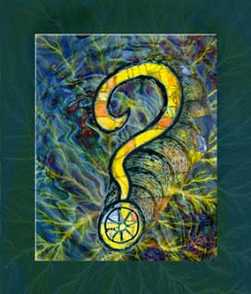
Here is Joyce Wycoff's first offering! Well worth a read:
“Where did you get your idea?” It’s a common question, and the easy answer is: everywhere!
The longer, and more interesting answer, can be explained using specific examples. When I started writing what turned out to be Sarana’s Gift, the idea literally came out of nowhere. I had decided I was going to write a novel, regardless of the fact that I couldn’t write fiction. (I had one, long-ago, half-finished novel as proof.) But, fact or not, I decided to go for it.
However, as I was researching and thinking about the novel which was going to be set in San Francisco, something else showed up. Suddenly, in my mind, a young girl was on a silver-white horse, galloping through a forest, running from something. Weird. But, I decided to get it down on paper so it would leave me alone.
I was curious though, what was she running from? Following that curiosity led me into the jungles of the Yucatan and through a series of challenges that had to be faced with no weapons or superpowers. (LESSON: follow strange stuff when it shows up.)
After that, deciding that perhaps I could write fiction, I started looking for an idea. I wanted to write about a mature woman, an ordinary woman whose life turns toward the less than ordinary. She would live in an ordinary town in Oregon and have an ordinary job as a portrait photographer.
Where do ideas come from?
Then, I needed a setting … someplace I would like to visit. After a couple of “nice tries,” I remembered an amazing video I had seen about the reintroduction of wolves to Yellowstone (highly recommended: How Wolves Change Rivers.) It had haunted me when I saw it the first time and, watching it again, I knew it was right. Thus, Yellowstone Howling was born (and is about half done). (LESSON: follow what sparks your own interest.)
I asked some of the authors speaking at Sierra Writers’ Conference 2017 to share their stories of what sparks their books. I am in awe of their answers and their commitment to making a difference in the world with their writing.
Read response from Kim Culbertson, Mark Wideranders, and yours truly here:
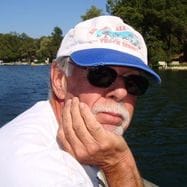
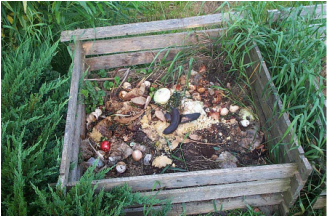
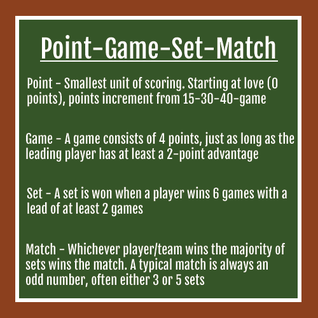
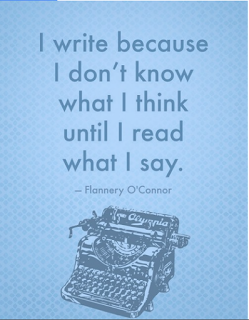
 RSS Feed
RSS Feed
